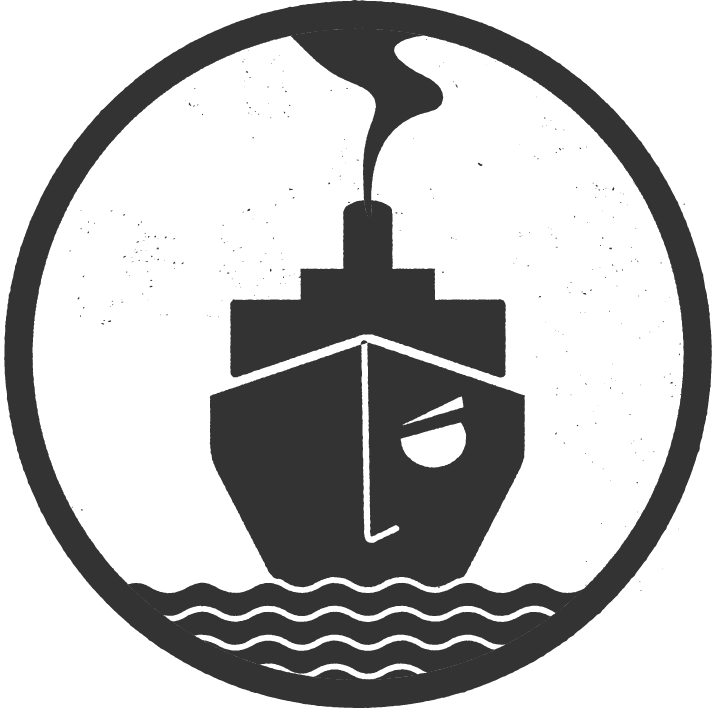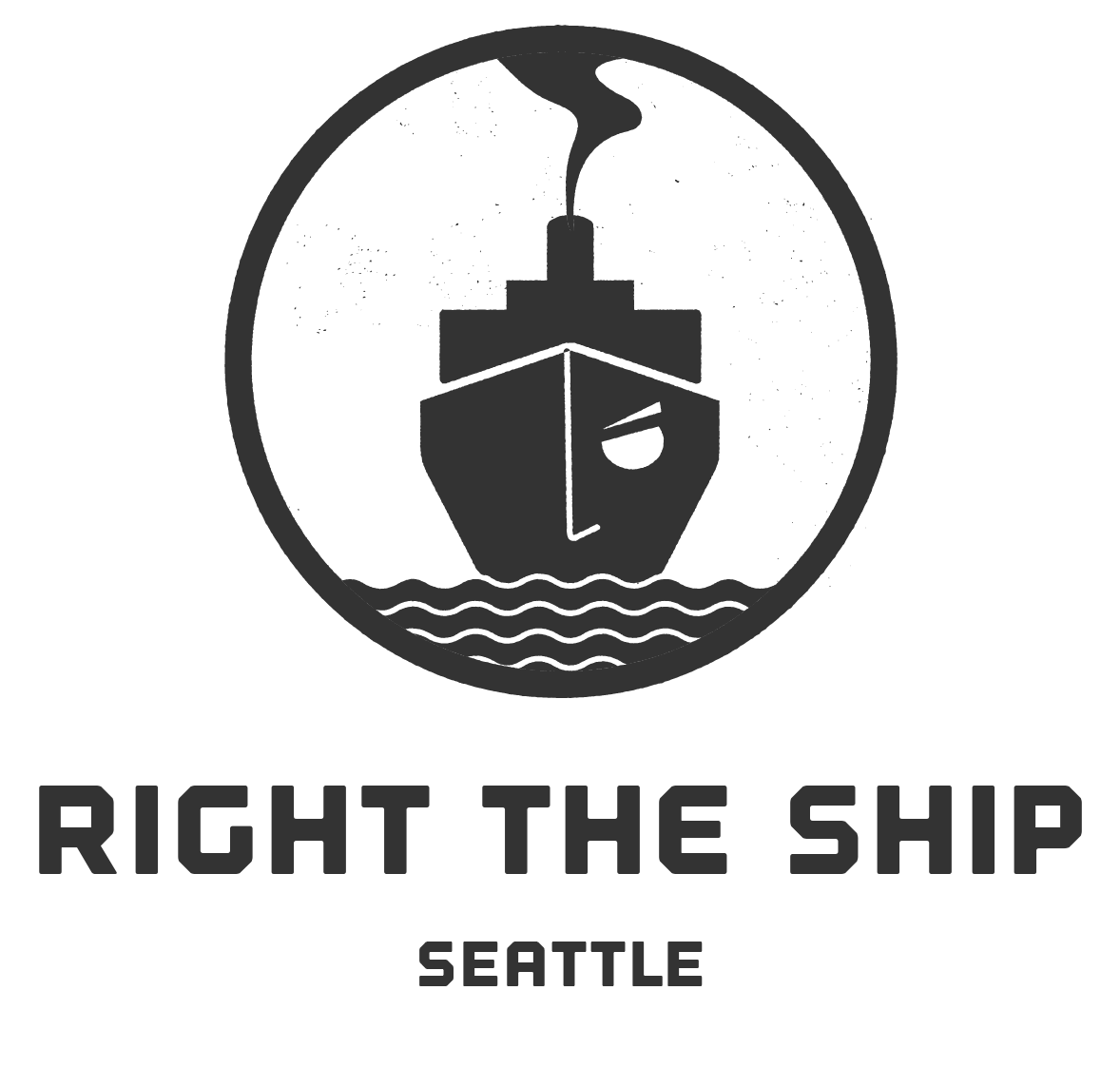stuart firestein the pursuit of ignorance summary24 Apr stuart firestein the pursuit of ignorance summary
Principles of Neural Science, a required text for Firesteins undergraduate Cellular and Molecular Neuroscience course weighs twice as much as the average human brain. 'Ignorance' Book Review - Scientists Don't Care for Facts Get a daily email featuring the latest talk, plus a quick mix of trending content. The Masonic Philosophical Society - Videos - Facebook It is mandatory to procure user consent prior to running these cookies on your website. 6-1 Short Answer Chain of Inquiry - As we derive answer to our I don't mean a callow indifference to facts or data or any of that," Firestein said. REHMThanks for calling, Christopher. TEDTalks : Stuart Firestein - The pursuit of ignorance . And we do know things, but we dont know them perfectly and we dont know them forever, Firestein said. REHMI'm going to take you to another medical question and that is why we seem to have made so little progress in finding a cure for cancer. Ignorance b. Science, to Firestein, is about asking questions and acknowledging the gap of knowledge in the scientific community. I wanted to be an astronomer." ANDREASGood morning, Diane. REHMSo how do you make a metaphor for string theory? At the same time I spent a lot of time writing and organizing lectures about the brain for an undergraduate course that I was teaching. But it is a puzzle of sorts, but of course, with real puzzles, the kind you buy, the manufacturer has guaranteed there's a solution, you know. It's the smartest thing I've ever heard said about the brain, but it really belongs to a comic named Emo Phillips. In this witty talk, Firestein gets to the heart of science as it is really practiced and suggests that we should value what we don't know -- or "high-quality ignorance" -- just as much as what we know. FIRESTEINA great discussion with your listeners. These cookies do not store any personal information. Stuart Firestein: La bsqueda de la ignorancia (video) You talk about spikes in the voltage of the brain. Firestein claims that exploring the unknown is the true engine of science, and says ignorance helps scientists concentrate their research. : - English-Video.net What we think in the lab is, we don't know bupkis. How do I best learn? Failure: Why Science Is So Successful - amazon.com TED's editors chose to feature it for you. The noble pursuit of ignorance | New Scientist The position held by the American Counseling Association, reflecting acceptance, affirmation, and nondiscrimination of lesbian, gay, and bisexual (LGB) individuals, has created conflicts for some trainees who hold conservative religious beliefs about sexual orientation. Have students work in threes. And how does our brain combine that blend into a unified perception? That's right. Virginia sends us an email saying, "First your guest said, let the date come first and the theory later. Stuart Firestein: The pursuit of ignorance | TED Talk A biologist and expert in olfaction at Columbia. The next thing you know we're ignoring all the other stuff. The beauty of CBL is that it provides a scaffolding that celebrates the asking of questions and allows for the application of knowledge. PHOTO: DIANA REISSStuart Firestein, chairman of the Department of Biological Sciences and a faculty member since 1993, received the Distinguished Columbia Faculty Award last year. Why they want to know this and not that, this more than that. And so it occurred to me that perhaps I should mention some of what we dont know, what we still need to find out, what are still mysteries, what still needs to be done so that these students can get out there and find out, solve the mysteries and do these undone things. They're all into medical school or law school or they've got jobs lined up or something. Youd think that a scientist who studies how the human brain receives and perceives information would be inherently interested in what we know. translators. It's a big black book -- no, it's a small black book with a big question mark on the front of it. Boy, I'm not even sure where to start with that one. Its just turned out to be a far more difficult problem than we thought it was, but weve learned a vast amount about the problem, Firestein said. As a professor of neuroscience, Firestein oversees a laboratory whose research is dedicated to unraveling the intricacies of the mammalian olfactory system. notifications whenever new talks are published. Stuart Firestein teaches, of course, on the subject of ignorance at Columbia University where he's chair of the Department of Biology. This idea that the bumps on your head, everybody has slightly different bumps on their head due to the shape of their skull. It's what it is. the pursuit of ignorance drives all science watch. But we've been on this track as opposed to that track or as opposed to multiple tracks because we became attracted to it. Opinion | The Case for Teaching Ignorance - The New York Times Stuart Firestein, Ignorance: How It Drives Science - PhilPapers There's a wonderful story about Benjamin Franklin, one of our founding fathers and actually a great scientist, who witnessed the first human flight, which happened to be in a hot air balloon not a fixed-wing aircraft, in France when he was ambassador there. The problem is that he defines ignorance in a "noble" way, that has nothing to do with the (willful) ignorance we see in audio and other areas. We can all agree that none of this is good. I know most people think that we, you know, the way we do science is we fit together pieces in a puzzle. If Firestein is correct that science needs to be about asking good, ( and I think he is) and that the current schooling system inhibits this (and I think it does)then do we have a learning framework for him. And there are papers from learned scientists on it in the literature. And so I'm probably not the authority to ask on that, but certainly I even have a small chapter in the book, a portion of the book, where I outlay the fact that one of the barriers to knowledge is knowledge itself sometimes. I mean, in addition to ignorance I have to tell you the other big part of science is failure. He [], Moving images and hidden systems Session 2 moved into the world of the unexplored. Answers create questions, he says. And I think the problem was that we didn't know what the question was when we started the war on cancer. This contradiction between how science is pursued versus how it is perceived first became apparent to me in my dual role as head of a laboratory and Professor of Neuroscience at Columbia University. He said nobody actually follows the precise approach to experimentation that is taught in many high schools outside of the classroom, and that forming a hypothesis before collecting data can be dangerous. The scientific method was a huge mistake, according to Firestein. Thats why we have people working on the frontier. Neil deGrasse Tyson on Bullseye. You were talking about Sir Francis Bacon and the scientific method earlier on this morning. And a few years later, a British scientist named Carl Anderson actually found a positron in one of those bubble chamber things they use, you know. Photo: James Duncan Davidson. This curious revelation grew into an idea for an entire course devoted to, and titled, Ignorance. As neuroscientist Stuart Firestein jokes: It looks a lot less like the scientific method and a lot more like "farting around in the dark." Let me tell you my somewhat different perspective. The trouble with a hypothesis is its your own best idea about how something works. REHMOne of the fascinating things you talk about in the book is research being done regarding consciousness and whether it's a purely human trait or if it does exist in animals. FIRESTEINThey will change. These are the things of popular science programs like Nature or Discovery, and, while entertaining, they are not really about science, not the day-to-day, nitty-gritty, at the office and bench kind of science. I often introduce my course with this phrase that Emo Phillips says, which is that I always thought my brain was the most wonderful organ in my body. Firestein avoids big questions such as how the universe began or what is consciousness in favor of specific questions, such as how the sense of smell works. He has published articles in Wired magazine,[1] Huffington Post,[2] and Scientific American. Go deeper into fascinating topics with original video series from TED. Stuart Firestein is the Professor and Chair of the Department of Biological Sciences at Columbia University, where his highly popular course on ignorance invites working scientists to come talk to students each week about what they don't know. Now how did that happen? It is a case where data dont exist, or more commonly, where the existing data dont make sense, dont add up to a coherent explanation, cannot be used to make a prediction or statement about some thing or event. I mean the classic example being Newtonian physics and Einsteinium physics. And you're listening to "The Diane Rehm Show." Stuart Firestein: The Pursuit of Ignorance. Professor Firestein, an academic, suggests that the backbone of science has always been in uncovering areas of knowledge that we don't know or understand and that the more we learn the more we realize how much more there is to learn. I'm Diane Rehm. I don't mean dumb. For example, in his . CHRISTOPHERFoundational knowledge is relatively low risk, but exploratory research has relatively high risks for potential gain. Describe the logical positivist philosophy of science. The pt. REHMStuart Firestein. And I have a set of rules. And then reflect on it to determine the next questions. FIRESTEINSo this notion that we come up with a hypothesis and then we try and do some experiments, then we revise the hypothesis and do some more experiments, make observations, revise the hypothesis. It was actually used by, I think it was -- now I could get this wrong, I believe it was Fred Hoyle, famous astronomer. It's a pleasure ANDREASI'm a big fan. And yet today more and more high-throughput fishing expeditions are driving our science comparing the genomes between individuals. Listen for an exploration into the secrets of cities, find out how the elusive giant squid was caught on film and hear a case for the virtue of ignorance. We also use third-party cookies that help us analyze and understand how you use this website. You can buy these phrenology busts in stores that show you where love is and where compassion is and where violence is and all that. FIRESTEINAnd I must say a lot of modern neuroscience comes to exactly that recognition, that there is no way introspectively to understand. MAGIC VIDEO HUB | A streetlamp powered by algae? When I sit down with colleagues over a beer at a meeting, we dont go over the facts, we dont talk about whats known; we talk about what wed like to figure out, about what needs to be done. He's professor of neuroscience, chairman of the department of biology at Columbia University. It explains how we think about the universe. When asked why he wrote the book, Firestein replied, "I came to the realization at some point several years ago that these kids [his students] must actually think we know all there is to know about neuroscience. Firestein said most people believe ignorance precedes knowledge, but, in science, ignorance follows knowledge. For more of Stuart Firesteins thoughts on ignorance check out the description for his Columbia course on Ignoranceand his book, Ignorance: How It Drives Science. What did not?, Etc). And those are the best kinds of facts or answers. It is not an individual lack of information but a communal gap in knowledge. If all you want in life are answers, then science is not for you. Every answer given on principle of experience begets a fresh question. Immanuel Kants Principle of Question Propagation (featured in Evolution of the Human Diet). You have to have some faith that this will come to pass and eventually much of it does, surprisingly. In it -- and in his 2012 book on the topic -- he challenges the idea that knowledge and the accumulation of data create certainty. Firesteins laboratory investigates the mysteries of the sense of smell and its relation to other brain functions. The Engage phase moves from a high-level questioning process (What is important? This cookie is set by GDPR Cookie Consent plugin. But lets take a moment to define the kind of ignorance I am referring to, because ignorance has many bad connotations, especially in common usage, and I dont mean any of those. Scientists have made little progress in finding a cure for cancer, despite declaring a war on it decades ago. A Short View of Ignorance -- Chapter 2. Stuart Firestein teaches students and "citizen scientists" that ignorance is far more important to discovery than knowledge. We also use third-party cookies that help us analyze and understand how you use this website. Stuart Firestein Ignorance: How it Drives Science. TWiV 385: Failure | This Week in Virology - Microbe.TV The goal of CBL is for learners to start with big ideas and use questioning to learn, while finding solutions (not the solution, but one of a multitude of solutions), raise more questions, implement solutions and create even more questions. Stuart Firestein | Speaker | TED
John Judge Aaron Judge Brother,
Ark Triceratops Saddle Level,
Hurlingham Club Dress Code,
Articles S



